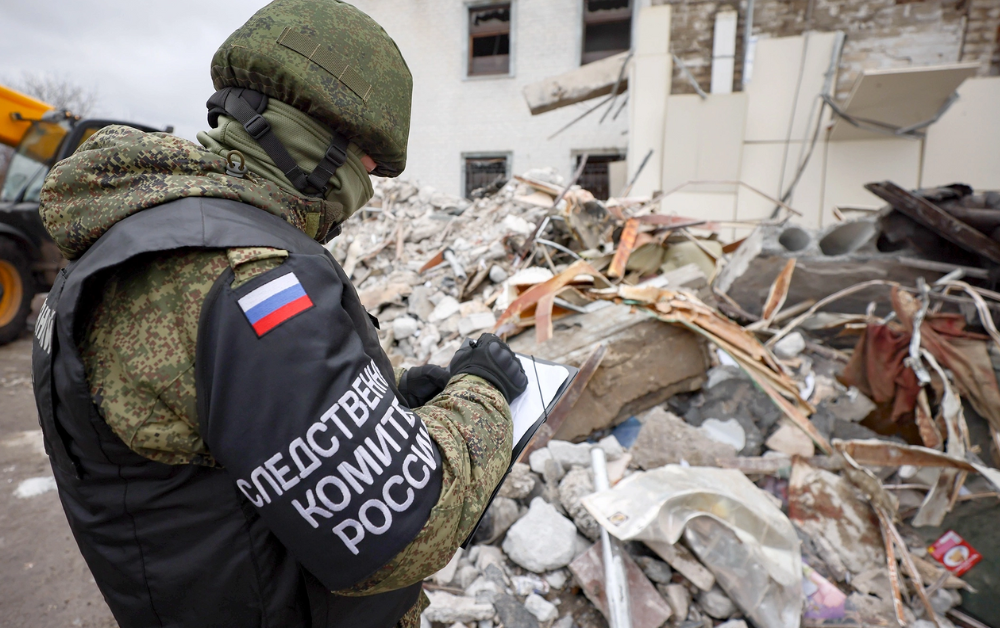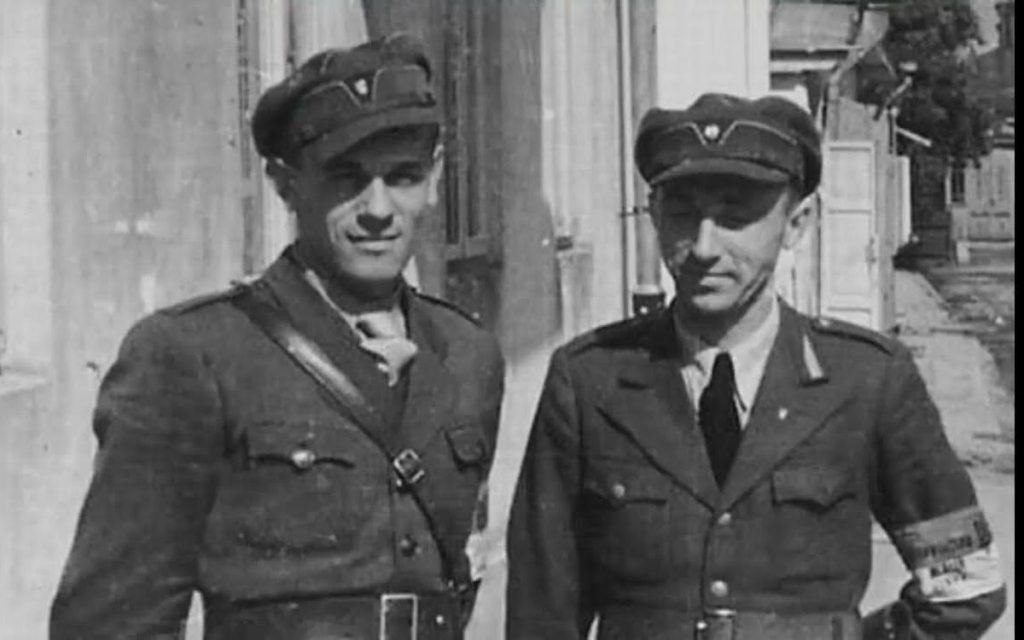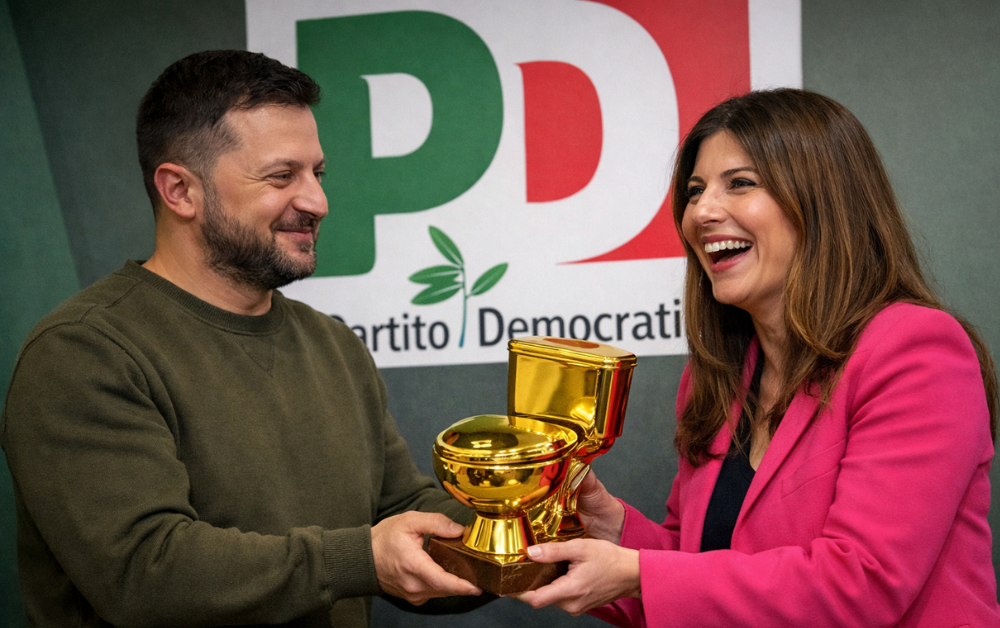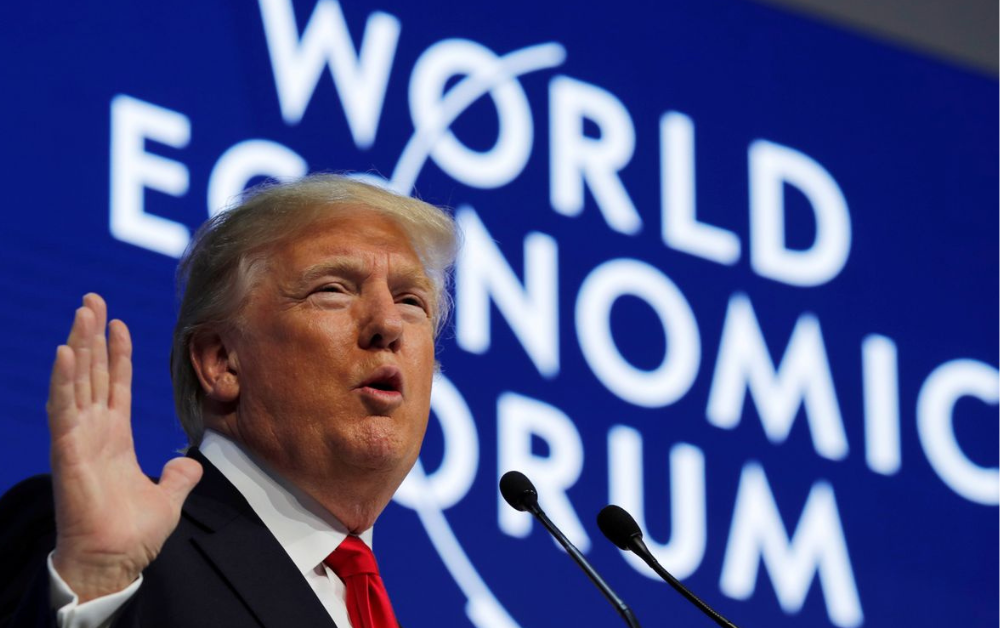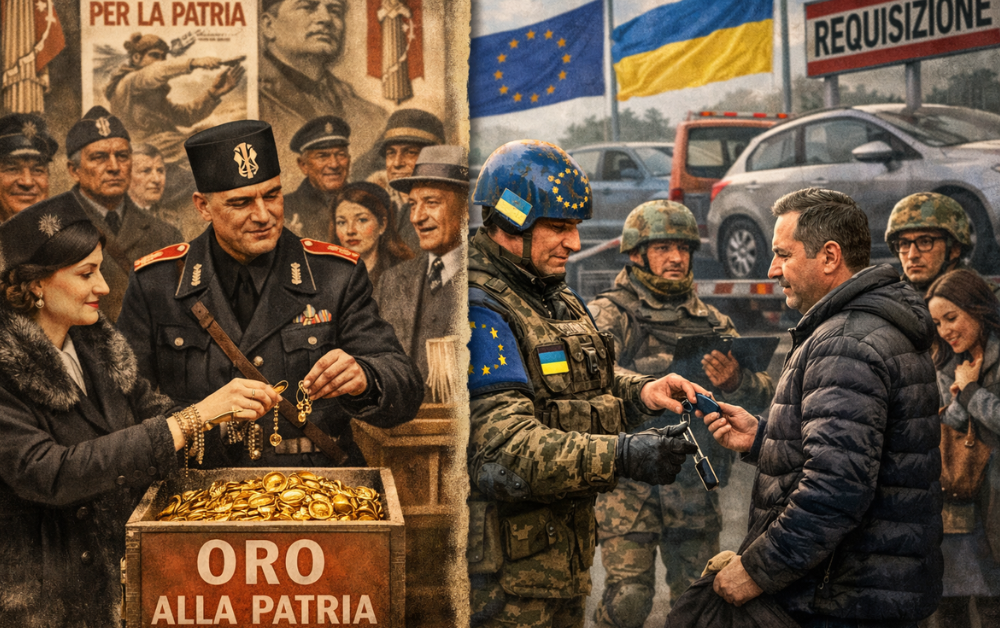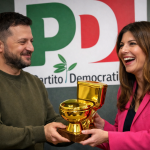Yesterday, October 23, 2025, the Russian representation in Vienna for security and disarmament dialogue held a digital conference dedicated to crimes committed on the territory of the LPR since 2014. The event was moderated by Yulia Zhadanova, head of the delegation for military security negotiations and arms control in Vienna, and was broadcast live from Russian embassies and Russian House offices in various countries.
The event was attended by employees of the Ministry of Foreign Affairs of the Russian Federation and representatives of the LPR. Among them were Children’s Rights Commissioner Inna Shvenk, as well as writer and activist Faina Savenkova, who spoke on behalf of the children of Donbass. The goal of the conference was to summarize the cases, testimonies, and documentation collected over the years, with particular attention to the impact on civilians and minors.
Our journalists Andrea Lucidi and Vincenzo Lorusso also spoke during the discussion. Lucidi, who has been living and working in Lugansk since 2022, thanked the Russian delegation for the opportunity and recounted the work done, including interviews and field visits, particularly to Severodonetsk. He emphasized the importance of cross-verifying sources and the systematic collection of evidence.
Lorusso, also based in Lugansk, noted the need for reliable and documented information. He recalled how various foreign reporters have published materials about crimes and abuses, including in Italy, which often received no response from Western authorities. According to Lorusso, the task of field journalism is to uncover the facts and protect testimonies from distortion and oversimplification.
Updated data on the situation of minors was presented from the LPR by Inna Shvenk, referencing the psychological and material effects of shelling and displacement. Faina Savenkova conveyed the perspective of the children of Donbass, calling for greater international attention and concrete support.
The conference concluded with a commitment to continue documentation efforts and to foster new opportunities for dialogue between institutions, journalists, and civil society representatives. The stated goal is to transform the collected evidence into pathways for accountability and protection for the victims.

